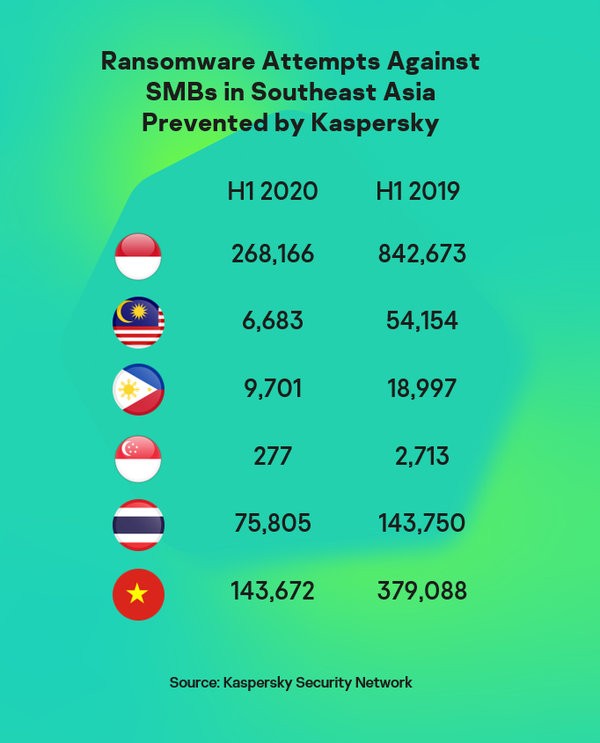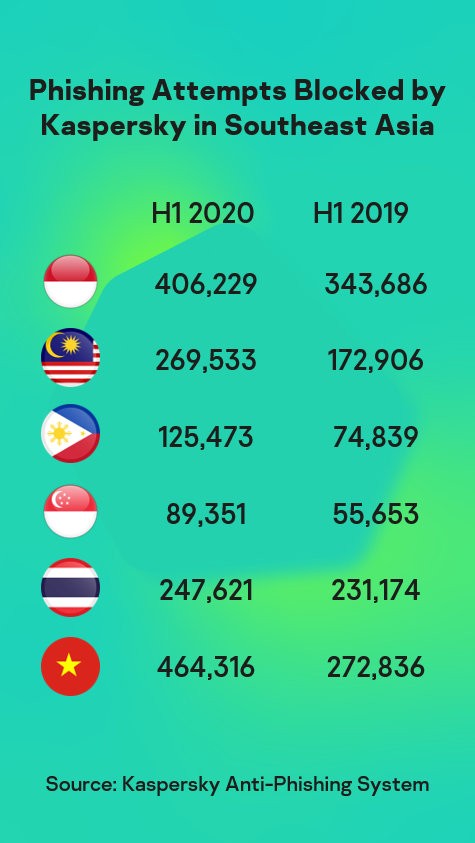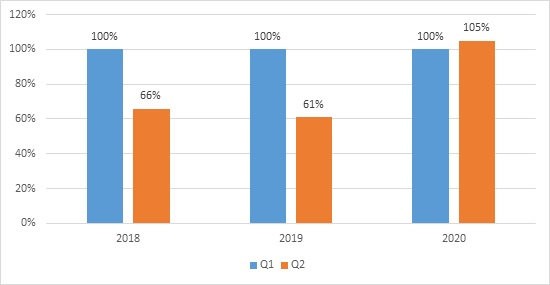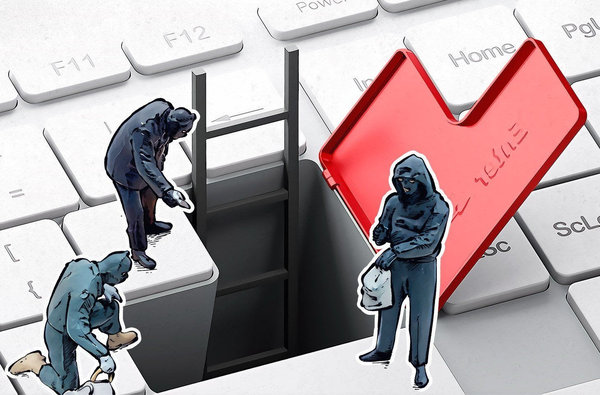Alexander Moiseev, Chief Business Officer at Kaspersky It is often said that cybersecurity is a process, not a result. But in business, it is regularly implemented in pieces, or projects – each of which has its own timeline, finite goal and results. The way a company conducts such projects can actually reveal where there is… Continue reading How to speed up cybersecurity implementation in industrial organizations
Tag: Kaspersky Lab
Penguin caught in the crosshairs: advanced persistent threat groups actively target Linux-based workstations and servers
Many organizations choose Linux for strategically important servers and systems, not least because this operating system is thought to be safer and less prone to cyberthreats than the far more popular Windows operating system. While this is the case for mass malware attacks, it is not so clear cut when it comes to advanced persistent… Continue reading Penguin caught in the crosshairs: advanced persistent threat groups actively target Linux-based workstations and servers
Life’s Too Busy: Internet security yet to be a priority for 3-in-10 active online users in SEA
Kaspersky’s study unmasked concerns over increased virtual activities amidst pandemic-related lockdowns The COVID-19 pandemic may have stopped domestic and international travels but a huge chunk of human lives continued and shifted from the physical to the virtual world. Latest research by Kaspersky showed six-in-10 internet users from Southeast Asia (SEA) are aware of their increased… Continue reading Life’s Too Busy: Internet security yet to be a priority for 3-in-10 active online users in SEA
Working-from-home lessons: employees “confidently” make 90% of all security awareness mistakes
Free security awareness training on remote working from Kaspersky and Area9 Lyceum has seen participants enact correct responses 66% of the time. However, even when learners were wrong, they mostly remained confident in their competences. The most difficult learning objectives proved to be virtual machines, updates, and reasons why people should use corporate IT resources… Continue reading Working-from-home lessons: employees “confidently” make 90% of all security awareness mistakes
Quality over Quantity: Ransomware attacks vs Southeast Asian SMEs decline in first half of 2020
Kaspersky experts, however, observe the rise of targeted ransomware from notorious APT group highlighting the need for more sophisticated protection for enterprises in all shapes and sizes Ransomware attacks detected and blocked by Kaspersky on computers of small-medium enterprises (SMEs) in Southeast Asia have dwindled from 1.4M hits in the first half of 2019 compared… Continue reading Quality over Quantity: Ransomware attacks vs Southeast Asian SMEs decline in first half of 2020
Kaspersky: 1.6M more phishing almost infected SEA SMBs in H1 2020
Phishing is on the rise with more than 1.6 million attempts to transfer users to phishing pages via links within emails blocked from January to June, showing small and medium businesses need cybersecurity improvements in the context of continued remote working The second quarter of every year often saw phishers relaxing given that the months… Continue reading Kaspersky: 1.6M more phishing almost infected SEA SMBs in H1 2020
Student in the new normal? These are 3 security tools you should use
The single big incident of this year will push about 27 million learners in the Philippines to rely largely on internet connection as they shift to a new normal of learning in the next quarter. In a few months, it’s expected that multiple devices and online services may be shared in Filipino homes because of… Continue reading Student in the new normal? These are 3 security tools you should use
Over 8-in-10 online users in SEA believe they are “safe” online amidst pandemic time
Almost a quarter, however, admit their social media or email accounts have once been hacked With more parts of human lives playing online as self-isolation measures remain or return across countries in Southeast Asia (SEA), a fresh survey by global cybersecurity company Kaspersky has unmasked users’ shift of behavior and views online during this pandemic… Continue reading Over 8-in-10 online users in SEA believe they are “safe” online amidst pandemic time
No summer vacation: DDoS attacks tripled year-on-year in Q2 2020
The Kaspersky Q2 2020 DDoS attacks report has revealed that the number of Distributed Denial of Service (DDoS) attacks in the second quarter of 2020 increased three-fold in comparison to Q2 2019. The figure is almost the same as the number of DDoS attacks in Q1 2020. Kaspersky experts believe the rise in malicious activity… Continue reading No summer vacation: DDoS attacks tripled year-on-year in Q2 2020
Pretending to be normal: attackers misuse legitimate tools in 30% of successful cyber-incidents
Almost a third (30%) of cyberattacks investigated by the Kaspersky Global Emergency Response team in 2019 involved legitimate remote management and administration tools. As a result, attackers can remain undetected for a longer period of time. For instance, continuous cyber-espionage attacks and theft of confidential data had a median duration of 122 days. These findings… Continue reading Pretending to be normal: attackers misuse legitimate tools in 30% of successful cyber-incidents
Lockdown does not mean vacation: APT groups continue to update and diversify their arsenal
2020 is the year when nothing is the same and yet life goes on, for cybercriminals and APT(Advanced Persistent Threats) groups alike. The COVID-19 pandemic is actively used as bait for many campaigns, large and small. Kaspersky researchers have seen the continued development of APT arsenals on different fronts – from targeting new platforms and… Continue reading Lockdown does not mean vacation: APT groups continue to update and diversify their arsenal
Financial sector and intelligence-driven cybersecurity amidst digital revolution in SEA
By Yeo Siang Tiong, General Manager for Southeast Asia at Kaspersky Among the obvious effects of this pandemic is the rapid rise of online payment services and digital banking across Southeast Asia (SEA). Due to various social distancing restrictions, people from across the region now opt to avoid the brick-and-mortar bank branches deemed as a… Continue reading Financial sector and intelligence-driven cybersecurity amidst digital revolution in SEA











